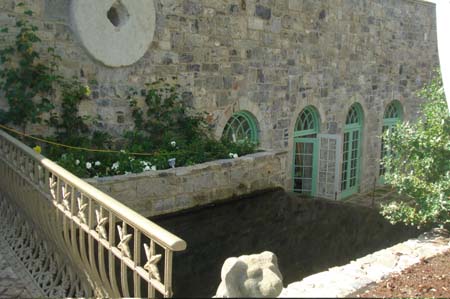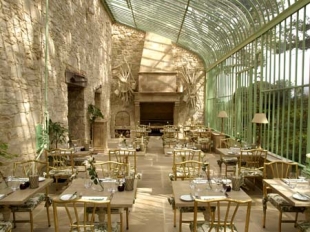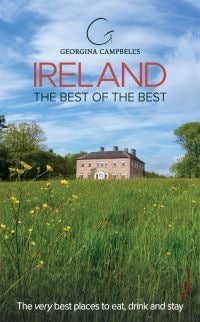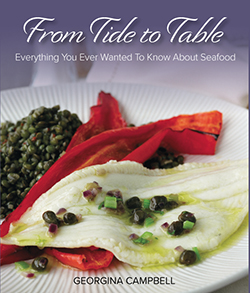A selective companion guide to our famous broad-based online collection, the ‘glovebox bible’ includes a uniquely diverse range of Ireland's greatest places to ...
Co. Kildare CELBRIDGE
Mill Restaurant, The - Lyons Demesne Village

Cliff at Lyons and The Mill Restaurant

AA CELBRIDGE
Castletown Gatelodges
Situated at the bottom of the tree lined avenue to Castletown House, Ireland’s finest Palladian Country House. Both properties are prominently placed at the top of the main street in Celbridge, Co Kildare opposite the quaint Church of Ireland, Church, Christ Church (1884) which retains a majestic tower of an earlier church (1813).
Built in 1783 many of the original features such as red bricked dressings around the windows and original timber sash windows still remain today.
Guests can enjoy long walks on the Castletown Estate or it is a short stroll to the town centre of Celbridge and within easy reach of championship golf courses, cultural and historical sites and world class race courses.
The Gate House has two beautifully appointed bedrooms, a double and single room both located upstairs. Downstairs comprises of kitchen, living room, bathroom and utility room and a spacious garden with picnic bench for guests to enjoy the outdoors.
The Gate House is conveniently located 30 minutes from Dublin city and 40 minutes from the Dublin Airport.
Details:
House 1:
- Sleeps 3
- 1 double bedroom
- 1 single bedroom (both bedrooms upstairs)
- Downstairs bathroom
House 2:
- Sleeps 6
- 3 bedrooms
- 2 bathrooms
Both Houses:
- Living room
- Kitchen/dining room
- Small utility area
- Washing machine, tumble dryer and dishwasher
- Gas central heating
- One private car parking space
Castletown House
 Castletown is Ireland's largest and earliest Palladian style house. Built between 1722 and 1729 for William Conolly, Speaker of the Irish House of Commons and the wealthiest commoner in Ireland. The façade was almost certainly designed by the Italian architect, Alessandro Galilei, while the Irish architect Sir Edward Lovett Pearce added the wings.
Castletown is Ireland's largest and earliest Palladian style house. Built between 1722 and 1729 for William Conolly, Speaker of the Irish House of Commons and the wealthiest commoner in Ireland. The façade was almost certainly designed by the Italian architect, Alessandro Galilei, while the Irish architect Sir Edward Lovett Pearce added the wings. In 1994 the house with the exception of the contents, was transferred to State care and it is now managed by the Office of Public Works and this paved the way for a major programme of restoration and conservation work of the house and demesne lands.
Through restoration, conservation, acquisition of parkland and development of visitor facilities, the long term objective is to preserve for future generations one of the most important houses in Ireland and one of significance in terms of European architectural heritage.
Canteen Celbridge
Aimsir
Show me all Co. Kildare



